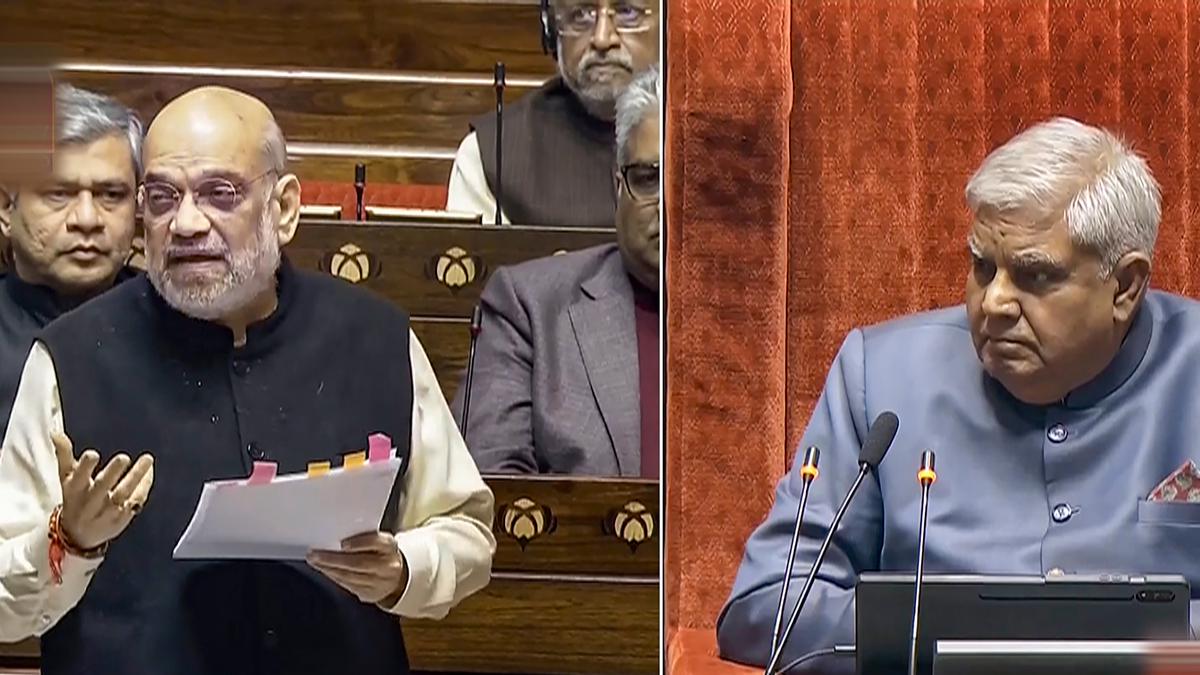
Parliament passes new laws to repeal IPC, CrPC, and Evidence Act
The Hindu
Parliament passes historic Bharatiya Nyaya (Second) Sanhita, Bharatiya Nagarik Suraksha (Second) Sanhita and Bharatiya Sakshya (Second) Bills, replacing colonial criminal justice system
The Parliament passed the Bharatiya Nyaya (Second) Sanhita, Bharatiya Nagarik Suraksha (Second) Sanhita and the Bharatiya Sakshya (Second) Bills — replacing the Indian Penal Code-1860, the Code of Criminal Procedure Act-1898 and the Indian Evidence Act of 1872, respectively — with Rajya Sabha clearing the three Bills on Thursday.
The Lok Sabha had earlier passed the Bills on Wednesday.
Hailing the passage of the Bills as historic, Rajya Sabha Chairman Jagdeep Dhankhar said the new legislation will replace the colonial criminal justice system. Opposition members had boycotted the proceedings demanding a statement of Union Home Minister Amit Shah on the security breach in Lok Sabha and the Bills were passed unanimously in their absence.
Moving the Bills and later replying to the debate, Mr. Shah said the Bills will be a new beginning in the history of the country’s criminal justice system. He said the Bills will form the base of making the country’s justice system as the most modern in the world.
BJP MP Brijlal, who is also the Chairman of Standing Committee on Law, initiated the debate. Apart from the BJP, members of BJD, YSRCP, AIADMK and TDP participated in the debate.
In his reply, Mr. Shah said the criminal justice system was being governed by the three laws brought by the British after the 1857 struggle for freedom. “Modi government decided to change all such colonial laws,” he said adding that it is not just the names that are being changed. “These Acts were primarily to protect the Britishers and the British regime. These laws had nothing to with the protection of Indians,” he said reiterating that he is proud to change those laws.
He said for the first time, the justice system will be based on legislation framed and passed by Indians. He said from the FIR to judgment, all the processes will be online and the new laws have tried to accommodate the changes in technology in the process of administration and policing.













